$270 million more is slated to be invested in critical addiction recovery services next month — and now there’s a threat to those funds.
Portland, OR — One year ago today, Oregon became the first state in the U.S. to decriminalize drugs. Instead of arrests and jail time, those found in possession of small amounts of drugs are now being connected with critical addiction recovery services to address their individual needs.
Oregon’s landmark law is already making a difference
- Prior to 110, approximately 9,000 people in Oregon were arrested on drug possession charges each year. Measure 110 has averted thousands of these arrests.
- The Oregon Health Authority reports that over 16,000 Oregonians have received services through the program.
Advocates to state lawmakers: “just say no” to defunding Measure 110 services
Some lawmakers are already eyeing 110 funds for other uses — even those in direct conflict with the expressed will of Oregon voters. Senator Tim Knopp introduced Senate Bill 1541 which, if passed, would take money from Measure 110 services and give it to State Police. “It’s hard to believe there are actually efforts underway to try and cut access to lifesaving services that have already helped more than 16,000 people,” said Ron Williams, Outreach Director for the Health Justice Recovery Alliance. “We can’t arrest our way out of this public health crisis; we’ve been doing that for over 50 years and it hasn’t worked. Services will be expanded statewide next month; let’s give 110 a chance before making the case to defund a program that is just getting off the ground and that hard data shows is already saving lives.”
The overdose crisis: a nationwide epidemic amid a pandemic
Overdose deaths are on the rise all across the country, and Oregon ranks second in the nation for substance abuse disorder and 50th in access to treatment, making the need for Measure 110 services more urgent than ever before.
“The pandemic has impacted everybody. The human suffering around us is heartbreaking and shameful. I’m thankful that Measure 110 has created a new way for Oregon to address this crisis,” said Tera Hurst, Executive Director of Oregon Health Justice Recovery Alliance and a person in long-term recovery. “The program’s early successes, the $270 million more that will be awarded next month, and the fact that providers now have this ongoing, stable source of funding all give me reason to hope that we will continue to be able to meet those who need it most with life saving interventions. We see you, and we’re working as quickly as possible to fully implement this transformative program.”
Grantees share how 110 is helping them help more
The Oregon Health Authority previously reported that, of the initial ten percent of total funds distributed ($30 million+), 67 organizations, 11 tribes and tribal organizations have been able to expand services to help more Oregonians struggling with substance use.
“Our community was the most targeted and impacted by the racist war on drugs”, said Julia Mines, Executive Director of the Miracles Club in NE Portland and a person in long-term recovery. “It tore up our neighborhoods and destroyed whole communities and it was an epic failure. Miracles has been offering a wide variety of program services to the African American recovery community for close to 30 years, and we’ve always been drastically underfunded. Among other investments, Measure 110 grant funds allowed us to hire two full-time mentors —a critical component of recovery services. We were also able to help those we serve get some of their basic needs met, whether that be housing, groceries, a job or something else they need to succeed in their recovery journey.”
“Using funds from our Measure 110 grant, we have been able to expand access to substance use treatment, peer support services, harm reduction, and housing to individuals in Southern Oregon. We’ve only had these funds for about six months, and we’ve already reversed over 500 overdoses,” said Renee Yandel, Executive Director of the HIV Alliance which serves individuals in Lane, Marion & Josephine Counties.
The work continues in Oregon – and beyond
The Health Justice Recovery Alliance will continue to work closely with lawmakers, state agencies and providers to ensure successful implementation of the law. Measure 110 is part of a growing, global movement to shift to a health-based, treatment-over-punishment model of supporting individuals experiencing Substance Use Disorder. Since Measure 110’s passage, a number of states—including Washington, Massachusetts, Vermont, Maine, New York, Rhode Island, Maryland and Kansas—the District of Columbia, and even the United States Congress have introduced bills or launched campaigns to likewise remove criminal penalties for drug possession and increase access to health services.
Oregon’s new law does not legalize any drugs—it simply decriminalized possession of small amounts. All other drug offenses, like manufacturing, intent to sell and DUIs remain a crime. Learn more about Measure 110 here.
###
